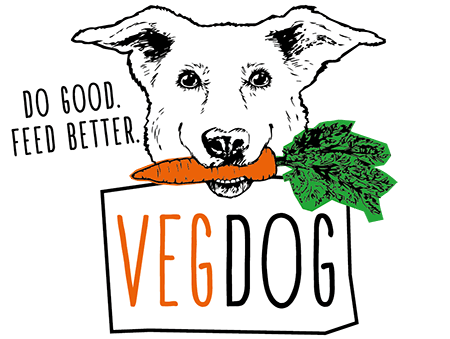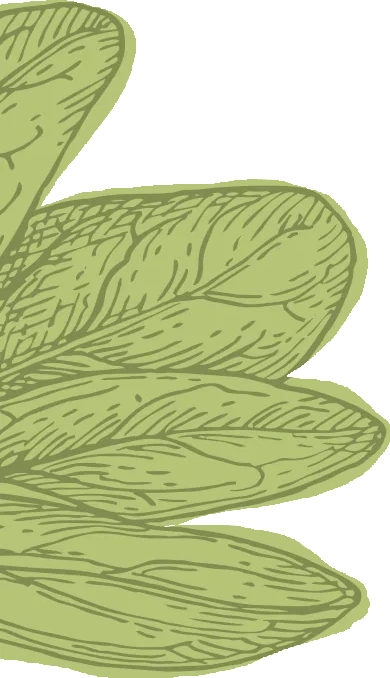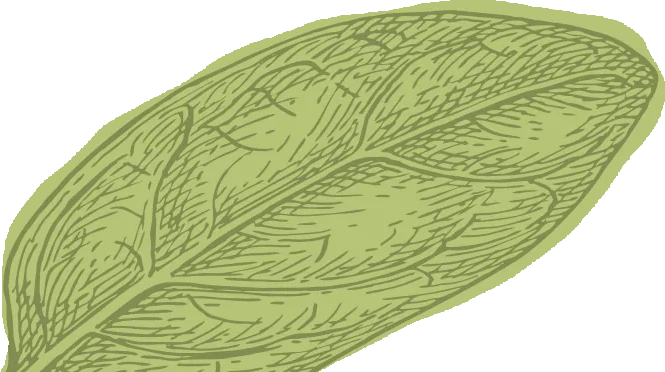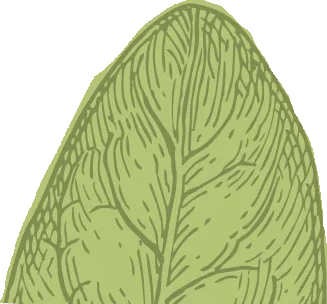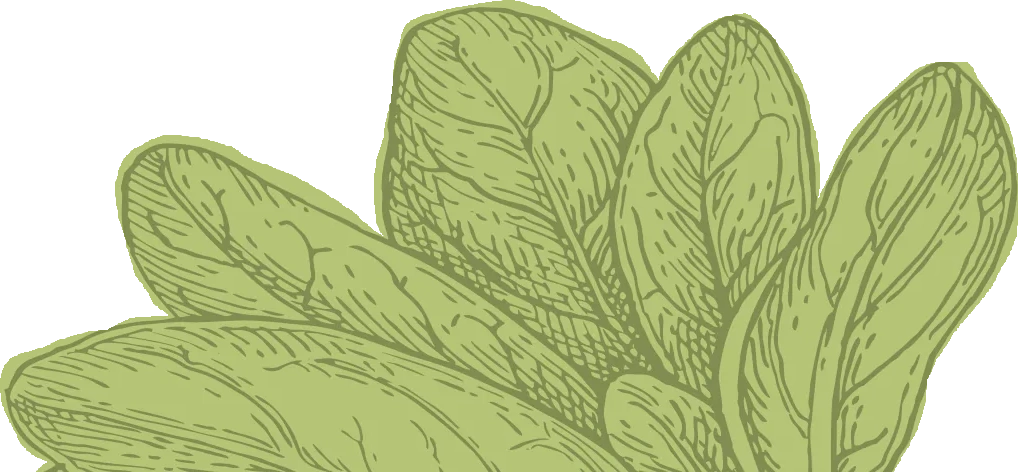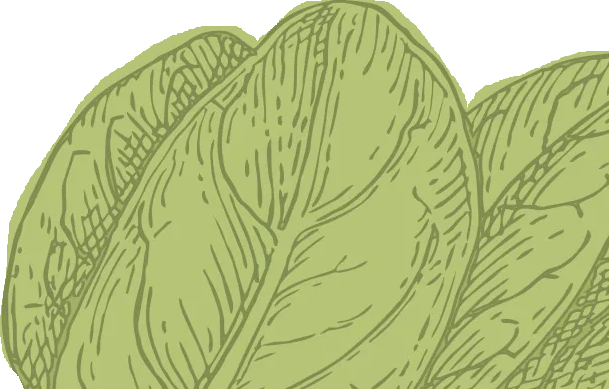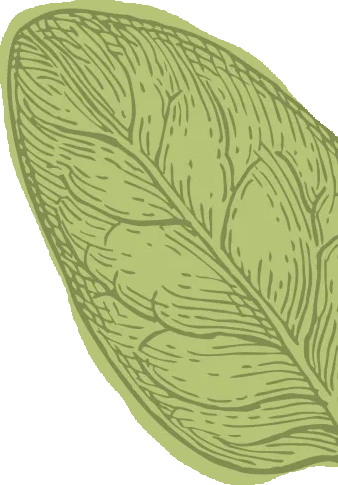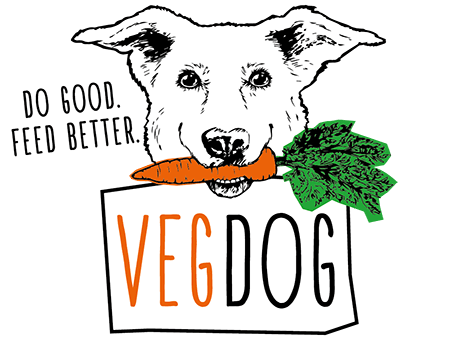What actually ends up in the food bowl?
If you want to know exactly what is going on, you can do the cooking yourself. It is important that your four-legged friend is provided with all the essential substances he needs. That is why you should think carefully about your dog's nutritional needs in advance.
In general, a ration should be structured approximately as follows:
IMPORTANT NOTE: With vegan rations, it is not possible to make blanket statements about the necessary amounts of ingredients in correlation with the dog's weight. This is because lupin flour, chickpeas, etc. differ considerably in their composition. If a few grams of one component are sufficient, a much larger amount of the other may be needed to cover the need for various substances. For this reason, we regularly provide precisely adapted recipes on our blog. These are calculated using a special program and tailored to the respective weight.
But now to the individual ingredients.
carbohydrates
Carbohydrates have unfairly gained a bad reputation in recent years. Our dogs can digest them very easily, as long as they have been broken down beforehand, for example by cooking. In order to meet the energy needs of our four-legged friends, they need to be fed foods made up of sugar molecules. These cannot be completely covered by proteins or other nutrients. In addition, the individual carbohydrates have different levels of essential substances. Potatoes are known for their high potassium content, oat flakes fill up magnesium stores and quinoa is a health booster with numerous positive properties.
For this reason, carbohydrates can now be added to the food bowl without a guilty conscience.
proteins
One man's loss is another man's blessing. In contrast to carbohydrates, proteins are currently enjoying exceptional popularity. High levels are used for advertising and marketing purposes. But what is actually behind this?
Proteins are macromolecules that are made up of various amino acids. Ten of these amino acids are essential for dogs, meaning that the body cannot synthesize them itself. They must therefore be supplied through food.
Proteins are broken down by various metabolic processes in the liver and kidneys. Too much can therefore put a strain on these organs and therefore on the body. This becomes particularly critical if diseases such as chronic renal insufficiency or limitations in liver function already exist.
That's why quality is more important than quantity! The protein fed should be high quality and easily digestible, and should contain the amino acids essential for the dog. Cooked pulses and protein powder are a very good choice.
fats
In addition to carbohydrates and proteins, dogs need high-quality fats. These not only provide energy, but also have a positive effect on the immune system and the skin/fur. As a rule of thumb, at least 0.5 g should be provided per day and kilogram. Hemp oil, chia oil, linseed oil, evening primrose oil and others have a good composition for dogs. Olive oil, on the other hand, is extremely healthy for humans, but not ideal for dogs. Important to know: EPA and DHA are two fatty acids with outstanding properties - but they only occur in algae (and various fish). Since salmon oil is not used in vegan diets, algae products such as capsules, oils or powder should be used.
fibers
organic fruit
Fibers are important aids to digestion. These are mainly found in vegetables. In addition to a high fiber content, they also provide various vitamins and, in combination with various types of fruit, act as a real fitness booster. In general, all types of vegetables that need to be cooked for humans should also be cooked for dogs. Vegetables that we eat raw ourselves can also be eaten raw by dogs. The finer the fruit and vegetables are chopped, the better the various vital substances are available. It is advisable to use regional and seasonal organic varieties, as the ecological footprint is kept small and the dog's organism is less stressed.
Since avocado, onions, garlic and leeks are sometimes poisonous (depending on the dosage and part of the plant), these should not be fed to animals. Grapes should never be made available!
minerals
ALL-IN VELUXE
Since natural ingredients do not provide all essential nutrients in sufficient quantities, a mineral powder should be added. For this purpose, we have developed the "ALL-IN VELUXE" . The amount to be administered depends on the raw materials to which it is added. We regularly provide new recipes and offer an individual ration calculation. This way, our vegan four-legged friend gets everything he needs to romp through life healthily.
We wish you bon appetit
Your VEGDOG team
 Lisa Walther
Lisa Walther